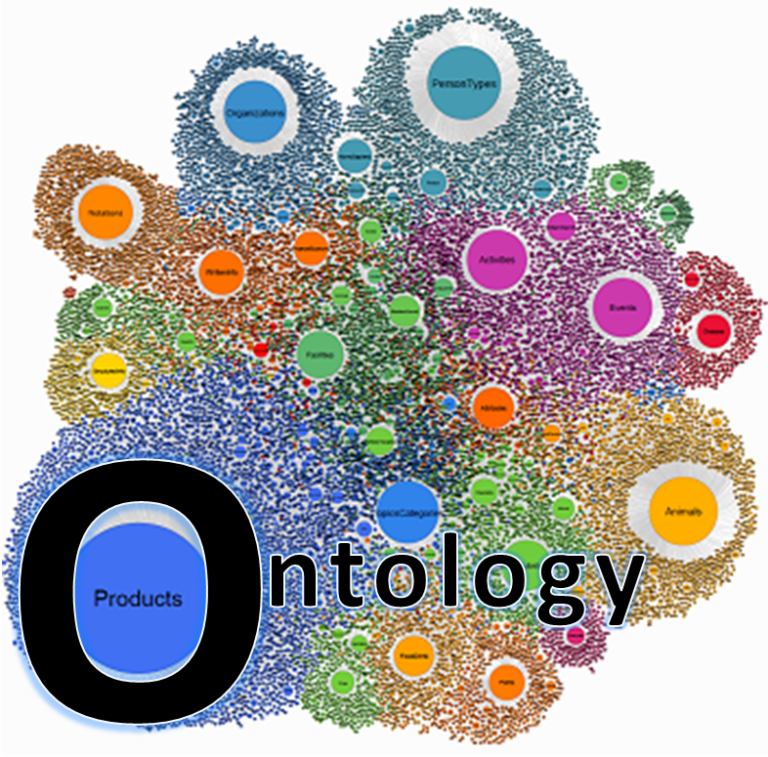In my exploration of the issue of limited healthcare access in rural communities of Benin through eHealth and mHealth solutions, I’ve delved deep into understanding the nature of reality as it pertains to this subject. This journey has led me to confront fundamental questions about the existence and essence of the phenomena I am researching.
One crucial question I’ve faced is whether the elements of my research exist as objective facts, independent of individual perceptions, or if they are subjective constructs, shaped by personal experiences and cultural influences. My assumption leans towards both a subjective and an objective standpoint, influenced by my understanding of the situation.
- Objective Standpoint: There are concrete data and observable realities of healthcare access in rural Benin. This includes the quantifiable data on population demographics, healthcare infrastructure deficits, and digital divide metrics. my approach here relies on objective, measurable facts, such as the statistics from the World Bank or the WHO and the metrics that lead to the implementation of the ARCH program in Benin.
- Subjective Standpoint: On the other hand, subjective aspect emerges when considering the cultural context, user experiences, and personal narratives. The interpretations of how rural communities perceive and interact with healthcare technology, influenced by cultural and social factors, bring in a subjective element. On the subjective viewpoint I recognized that these perceptions and experiences are shaped by individual and cultural lenses.
Incorporating both theoretical and empirical knowledge enhances my understanding of the topic. Theoretical frameworks provide a conceptual base to understand the broader issues of eHealth and mHealth, including their potential in addressing healthcare disparities. Empirical data, such as studies conducted in similar cultural contexts like the Ghanaian study, offer practical insights and validate the applicability of these solutions in real-world settings.
Potential biases and limitations in my approach might include cultural biases in interpreting data or the application of solutions that may not be fully adaptable to the unique context of rural Benin. Recognizing these biases is crucial for navigating into a culturally sensitive setting. Of course, my methodology should account for these limitations by including diverse perspectives and adapting solutions to fit the local context.
I foresee that, integrating both the objective and subjective elements, the research can provide a comprehensive understanding of how eHealth and mHealth solutions can be designed and implemented effectively in the unique context of rural Benin.
This ontological stance has significant implications for how I approach my research. It frames not only the kinds of questions I ask but also the methods I employ to seek answers.
Source of image: https://enterrasolutions.com/ontology-power-understanding/
